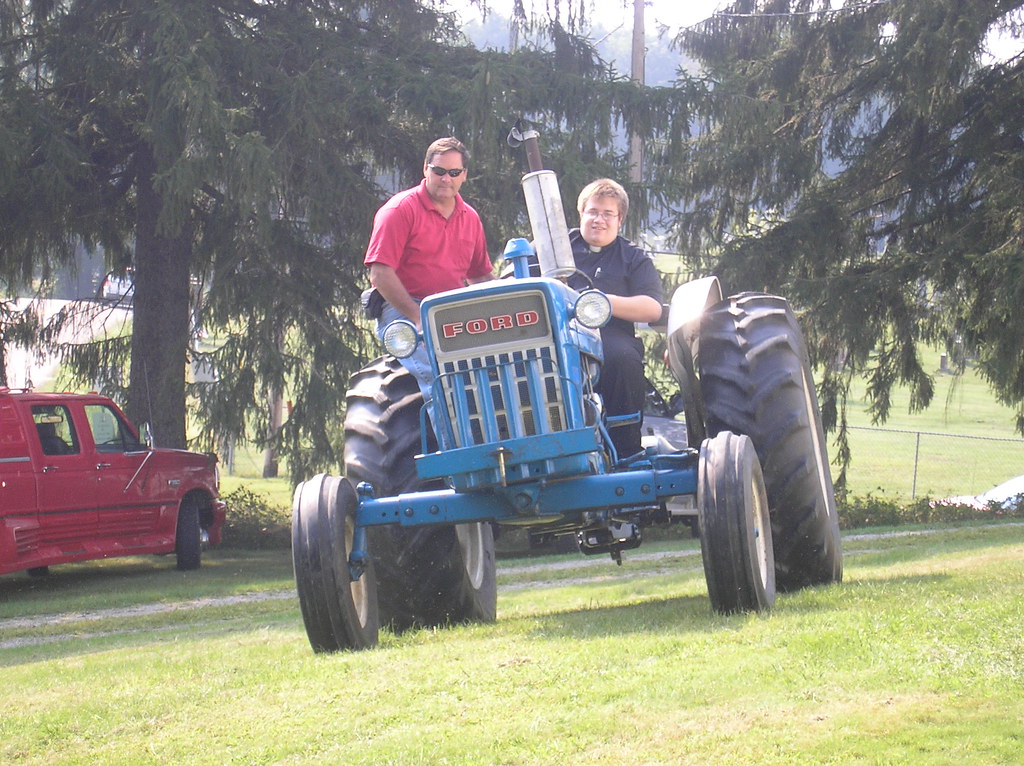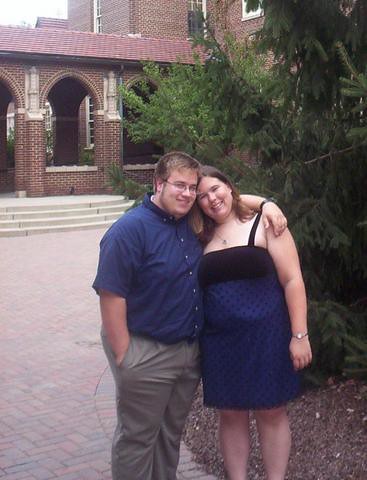Mark 8:27-38 27 Jesus went on with his disciples to the villages of Caesarea Philippi; and on the way he asked his disciples, "Who do people say that I am?" 28 And they answered him, "John the Baptist; and others, Elijah; and still others, one of the prophets." 29 He asked them, "But who do you say that I am?" Peter answered him, "You are the Messiah." 30 And he sternly ordered them not to tell anyone about him. 31 Then he began to teach them that the Son of Man must undergo great suffering, and be rejected by the elders, the chief priests, and the scribes, and be killed, and after three days rise again. 32 He said all this quite openly. And Peter took him aside and began to rebuke him. 33 But turning and looking at his disciples, he rebuked Peter and said, "Get behind me, Satan! For you are setting your mind not on divine things but on human things."
34 He called the crowd with his disciples, and said to them, "If any want to become my followers, let them deny themselves and take up their cross and follow me. 35 For those who want to save their life will lose it, and those who lose their life for my sake, and for the sake of the gospel, will save it. 36 For what will it profit them to gain the whole world and forfeit their life? 37 Indeed, what can they give in return for their life? 38 Those who are ashamed of me and of my words in this adulterous and sinful generation, of them the Son of Man will also be ashamed when he comes in the glory of his Father with the holy angels."
It will be 10 years next month. 10 years since the world lost the incredible heart, mind, and spirit of Henri Nouwen. Henri was a Roman catholic priest who was anything but ordinary. Based in
There are burdens in life. There are thorns in life. And then there are crosses. You don’t have to choose burdens, they just come. The sinful nature of our fallen world ensures that there will be no shortage of burdens to bear. You don’t choose to have thorns because they just come, and they are there whether we like them or not. But you do have to choose to pick up the cross. Picking up the cross is quite different than dealing with burdens or living with thorns. To take up the cross is something that you choose to do. It is said that to pick up the cross is to choose should the burdens felt other people’s lives. Instead of focusing on caring for yourself or guarding your own self interest, you choose to watch out for others. When other people are in need, due to their burdens and disasters, you choose to go and love them and help them with their lives. To pick up the cross is to choose to serve the needs of others and thereby to serve God. These actions join us in the struggle against evil in the world.
Harold Luccock, a pastor and theologian, wrote the following words about our Gospel text for today. “Taking up the cross of Christ is a deliberate choice of something that could be evaded. To take up a burden that we are under no compulsion to take up except for the love of Christ living inside of us. It makes the choice of taking upon ourselves the burdens of other people’s lives. Of putting ourselves, without reservation, at the service of Christ and the world. Of putting ourselves into locked struggle with evil, whatever the cost.”
Our Gospel text today is a hinge point in the Gospel of Mark. The 8 chapters before this point have told of Jesus’ ministry in
It is not even humanity at its worst that crucified the Son of God but humanity at its absolute best. The death of Jesus was not the result of a momentary lapse or a perversion of human nature, but rather the result of careful deliberations from respected religious leaders who justified their actions by the highest standards of law and morality, even believing them to render serve to God (John 16:2). Jesus was not lynched by an enraged mob or beaten to death in a criminal act. He was arrested with official warrants, and tried and executed by the world's best judicial system -- the Jewish Sanhedrin
This is a difficult task to which Jesus is calling us. Nobody really learns how strong evil is if they give in to temptation immediately. Rather, by holding out, fighting against it tooth and nail, one moves to a place where they can feel all of the slings and arrows of the evil one. Here, in taking on the burdens of a neighbor, in picking up the cross, one gets a glimpse not only of the destructive power of evil, but also what God has done about it. Time and time again the report comes back, when we pick up the cross, when we help to shoulder our neighbor’s burdens, we see the power of God at work in the world, overcoming the forces of evil and all that would do us harm.
This will by no means be a simple task or an easily won battle. However, we know that the Lord of all creation has already secured the victory. Jesus’ death and resurrection have paid the price for our sin and declared to the forces of evil that their days are numbered. Though we bear burdens now, and though we carry crosses, the day is surely coming when all will be made new and there will be no more burdens. God is at work in our world, through our hands, hearts and heads - transforming, making all things new. To those who are thirsty, God brings water. Those who mourn will be comforted, every tear will be wiped from their eyes. Those who are suffering under the terrible weight of the burdens of this life, Jesus will obliterate crying and pain. In Him all things will be made new. And nothing, not even our very selves will be the same.



No comments:
Post a Comment